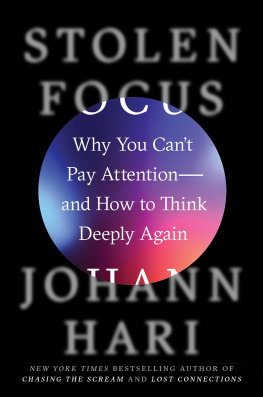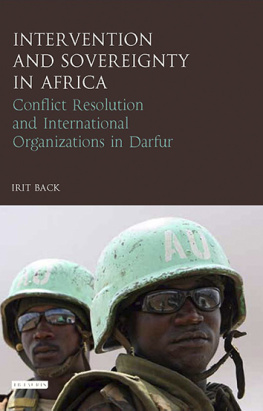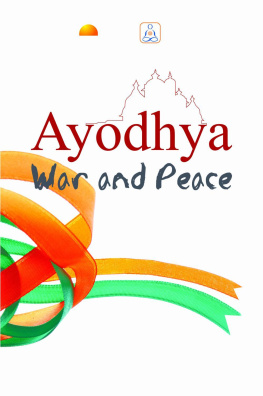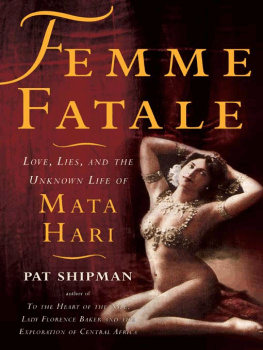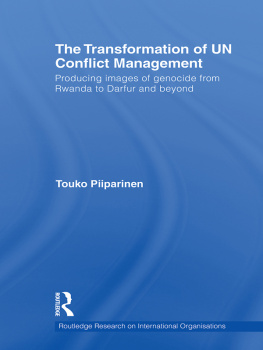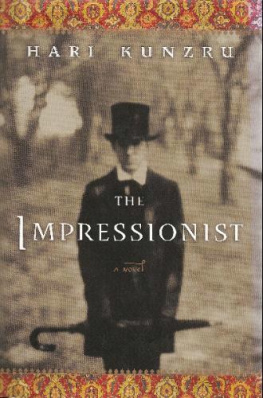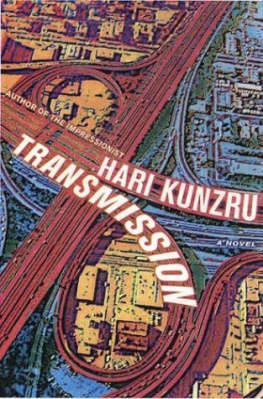Contents
To my mother and all
the women of Darfur
Introduction
If God must break your leg He will at least teach you to limpso it is said in Africa. This book is my poor limping, a modest account that cannot tell every story that deserves telling. I have seen and heard many things in Darfur that have broken my heart. I bring the stories to you because I know most people want others to have good lives, and, when they understand the situation, they will do what they can to steer the world back toward kindness. This is when human beings, I believe, are most admirable.
If you know where Egypt is on the map, you can go down from there and find Sudan. The western side of Sudan is called Darfur, which is about the size of France or Texas. Darfur is mostly flat; it has a few mountains but many endless plains of little trees, scratchy bushes, and sandy streambeds.
Darfur is where I lived with my family until the attack on our village. Our people are called the Zaghawa. We are traditional tribal herdsmen who live in permanent villages; our grass huts are very big around and have pointed roofs that smell very good in the rain. My childhood was as full of happy adventures as yours. While you probably had a bicycle and then a first car, I had a camel, Kelgi, that I loved dearly and could make go very fast. On cold nights he might come into the hut, which was okay with everyone.
While we Zaghawa are not Arabs, many nomadic Arabs lived near us and were a part of my childhood as friends. My father took me to feasts in their tents, and they feasted with us.
Dar means land. The Fur are tribespeople farther south who are mostly farmers. One of the Fur leaders was king of the whole region in the 1500s. The region took its name from that time.
Hundreds of thousands of my people have been killed recently, as you may know. Two and a half million others are now living difficult lives in refugee camps or in solitary hiding places in desert valleys. I will explain why this is happening. If you are hungry for more details, I have included a deeper explanation in the back of this book.
As for the future, the only way that the world can say no to genocide is to make sure that the people of Darfur are returned to their homes and given protection. If the world allows the people of Darfur to be removed forever from their land and their way of life, then genocide will happen elsewhere because it will be seen as something that works. It must not be allowed to work. The people of Darfur need to go home now.
I write this for them, and for that day, and for a particular woman and her three children in heaven, and for a particular man and his daughter in heaven, and for my own father and my brothers in heaven, and for those still living who might yet have beautiful lives on the earth.
I write this also for the women and girls of Darfur. You have seen their faces wrapped in beautiful colors, and you know something of their suffering, but they are not who you think. Though they have been victimized, they are heroes more than victims. My aunt Joyar, for example, was a famous warrior who dressed like a man, fought camel thieves and Arab armies, wrestled men for sportand always won. She refused to marry until she was in her forties. I dedicate this to her and to the girls of my village who were faster and stronger than the boys at our rough childhood games. I dedicate this to my mother, who, as a young woman, kept a circle of attacking lions away from our cattle and sheep in the bush for a long day, a long night, and all the next morning, using only the power of her voice and the banging of two sticks. The power of her voice is something I know very well.
Near my village is a beautiful mountain we have always called the Village of God. Though the Muslim religion is practiced throughout our area both by indigenous Africans like me and by Arab nomads, it is also true that our people, especially our young people, have always gone up on this mountain to put offerings into the small holes of the rocks. Meat, millet, or wildflowers may be placed in these holes, along with letters to God, thanking Him or asking Him please for some favor. These gifts and notes have been left here long before the newer religions came to us. For a young man or woman, a letter may ask that some other young person be chosen for his or her mate. It might be a letter asking that a grandfathers illness be cured, or that the rainy season be a good one, or that a wedding be beautiful and the marriage successful. Or it might simply ask that the year ahead be good for everyone in the village below. So here it is, God: I am up there now in my heart, and I put this book in Your mountain as an offering to You. And I praise You by all Your Names, and I praise our ancient Mother of the Earth, and all the Prophets and wise men and women and Spirits of heaven and earth who might help us now in our time of need.
And for you, my friend, my reader, I thank you so much for taking this journey. It is a hard story, of course, but there are many parts that I think will surprise you and make you very happy that you came with me.
The story I am telling here is based on my memories of a time of great difficulty and confusion. I have done my best to capture the details of my experiences, and to set them down here accurately and to the utmost of my recollection, and I am grateful to those who have helped me focus and occasionally correct my account. Of course, no two people can view the same event in the same way, and I know that others will have their own tales to tell. Surely these collective tales will add up to the truth of the tragedy in Darfur.
A Call from the Road
I am sure you know how important it can be to get a good phone signal. We were speeding through the hot African desert in a scratched and muddy Land Cruiser that had been much whiter a week earlier. Our driver, a Darfur tribesman like me, was swerving through thorny acacia bushes, working the gears expertly in the deep sands of another and always another ravine, which we call a wadi, and sailing over the bumps in the landthere are no roads to speak of. In the backseat, a young news filmmaker from Britain, Philip Cox, was holding on as we bounced and as our supplies thumped and clanked and sloshed around. A veteran of these deserts, he was in good humoreven after a long week of dusty travel and so many emotionally difficult interviews. Survivors told us of villages surrounded at night by men with torches and machine guns, the killing of men, women, and children, the burning of people alive in the grass huts of Darfur. They told us of the rape and mutilation of young girls, of execution by machete of young mensometimes eighty at a time in long lines.
You cannot be a human being and remain unmoved, yet if it is your job to get these stories out to the world, you keep going. So we did that.
I was Philips translator and guide, and it was my job to keep us alive. Several times each hour I was calling military commanders from rebel groups or from the Chad National Army to ask if we should go this way or that way to avoid battles or other trouble. My great collection of phone numbers was the reason many reporters trusted me to take them into Darfur. I dont know how Philip got my cell number in the first placemaybe from the U.S. Embassy, or the U.S. State Department, or the British Embassy, or from the U.N. High Commissioner for Refugees, or from one of the aid organizations or a resistance group. It seemed that everyone had my cell phone number now. He certainly did not get my number from the government of Sudan, whose soldiers would kill me if they caught me bringing in a reporter.
These satellite phone callsand often just cell phone callsfrequently were to commanders who said, No, you will die if you come here, because we are fighting so-and-so today.
Next page

